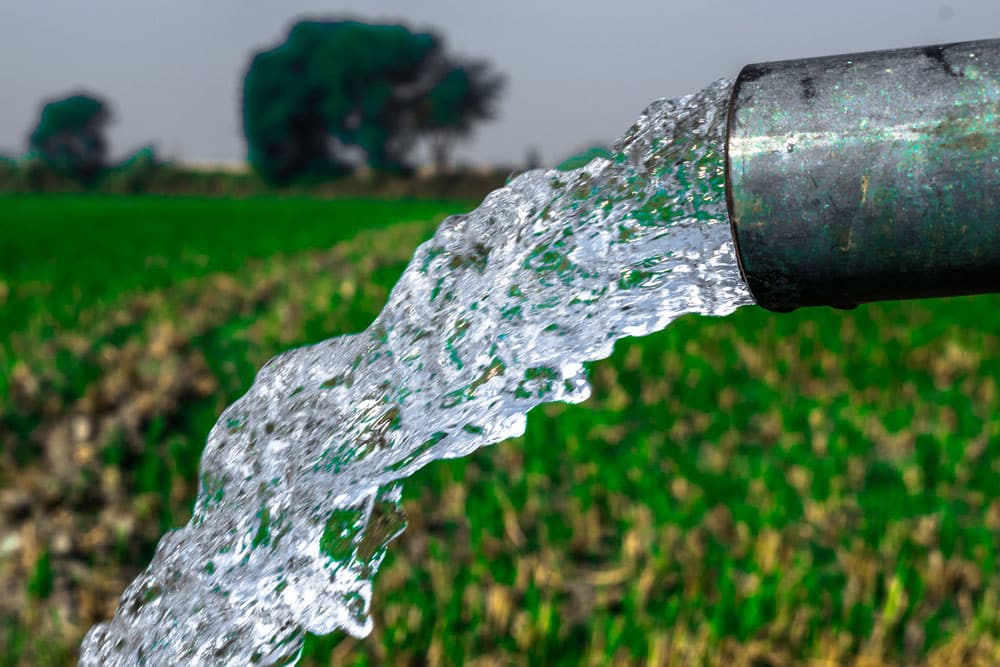Cleaning with Bore Water: What You Need to Know
If you live in a rural or semi-rural area, there’s a good chance your home relies on bore water. While it’s a valuable resource, bore water can present some unique challenges when it comes to cleaning. Here’s what you need to know about cleaning with bore water, how it differs from town water, and how to get better results using the right tools and products - including a pH-neutral cleaner like For All.
What Is Bore Water?
Bore water is groundwater that’s accessed by drilling a bore or well into underground aquifers. It’s commonly used for irrigation, livestock, and even household cleaning in areas where mains water isn’t available or is limited.
Depending on the location, bore water may contain:
-
High mineral content: Including calcium, magnesium, and iron.
-
Sulphur: Which can cause a "rotten egg" smell.
-
Salts and other impurities: That leave residue on surfaces.
These minerals can lead to staining, soap scum buildup, and reduced cleaning performance, especially on glass, tiles, and stainless steel.
Common Cleaning Issues with Bore Water
-
Hard Water Stains: Mineral deposits leave cloudy marks on glass and tiles.
-
Rust or Orange Staining: High iron content in the water can stain sinks, baths, and laundry.
-
Reduced Lathering: Cleaning products may not foam or perform as expected.
-
Film and Build-Up: Soap scum is harder to rinse away, and residue can form more easily.
How a pH-Neutral Cleaner Can Help
While some harsh acidic or alkaline cleaners are often recommended for hard water problems, these can damage surfaces and irritate skin. A pH-neutral cleaner like For All is gentle but still effective when used the right way - especially in combination with the right tools.
Benefits of using For All with bore water:
-
Won’t add to the problem: Its neutral pH won’t react negatively with mineral-heavy water.
-
Versatile: Safe on all hard surfaces, including sensitive ones like natural stone or chrome.
-
Breaks down grime: When applied correctly, it helps lift mineral residue and soap scum.
Tips for Better Cleaning Results with Bore Water
-
Use distilled or rainwater where you can: For rinsing glass or mirrors, use distilled or rainwater to avoid spotting. This can be made up into your diluted bottle of For All spray.
-
Work in sections: Don’t let bore water sit too long on surfaces - rinse and dry quickly.
-
Use the right tools. Pair For All with:
-
A waffle weave cloth for streak-free drying
-
Super fine 0000 steel wool on glass or chrome (test first!)
-
A dishwand filled with For All can be handy for regular touch-ups in the shower (keep it next to your shampoo bottles).
-
-
Routine maintenance: Clean more frequently to prevent mineral buildup from becoming stubborn.
-
Squeegee after every shower: Removing water immediately after use helps prevent mineral deposits and soap scum from forming.
Can For All Remove Existing Bore Water Stains?
For light staining or soap scum, yes - especially when used undiluted on a damp cloth or scourer. For more severe staining, you may need a specialist hard water remover first, then maintain with For All to prevent future build-up.
Final Thoughts
Bore water is a useful and sustainable resource, but it does come with a few quirks when it comes to cleaning. Understanding its effects and adjusting your routine with the right products and tools makes all the difference.
A pH-neutral cleaner like For All offers a safe, effective, and surface-friendly option to help manage bore water challenges, whether you're cleaning showers, tiles, or benchtops. Combine it with smart tools like a dishwand and a good squeegee, and you can keep your home clean and streak-free - even with the trickiest water.

